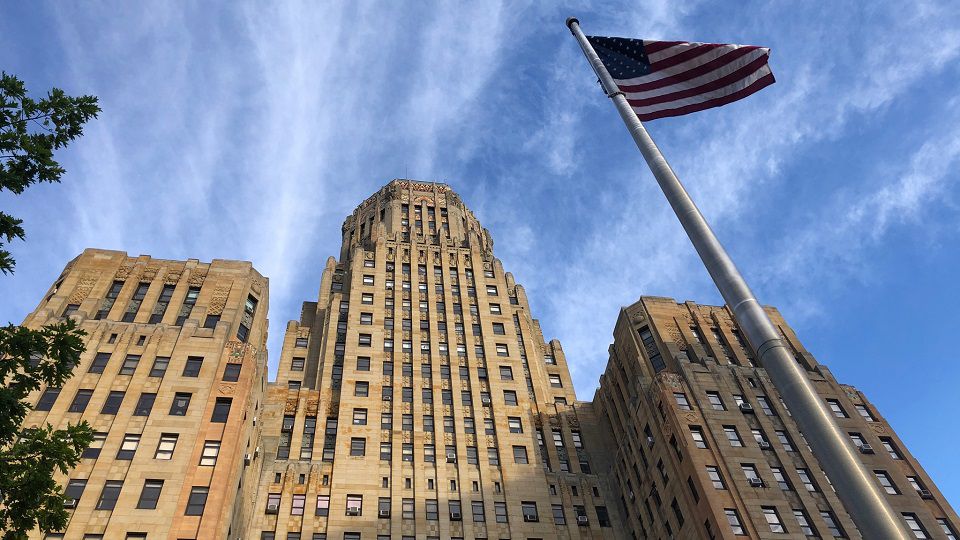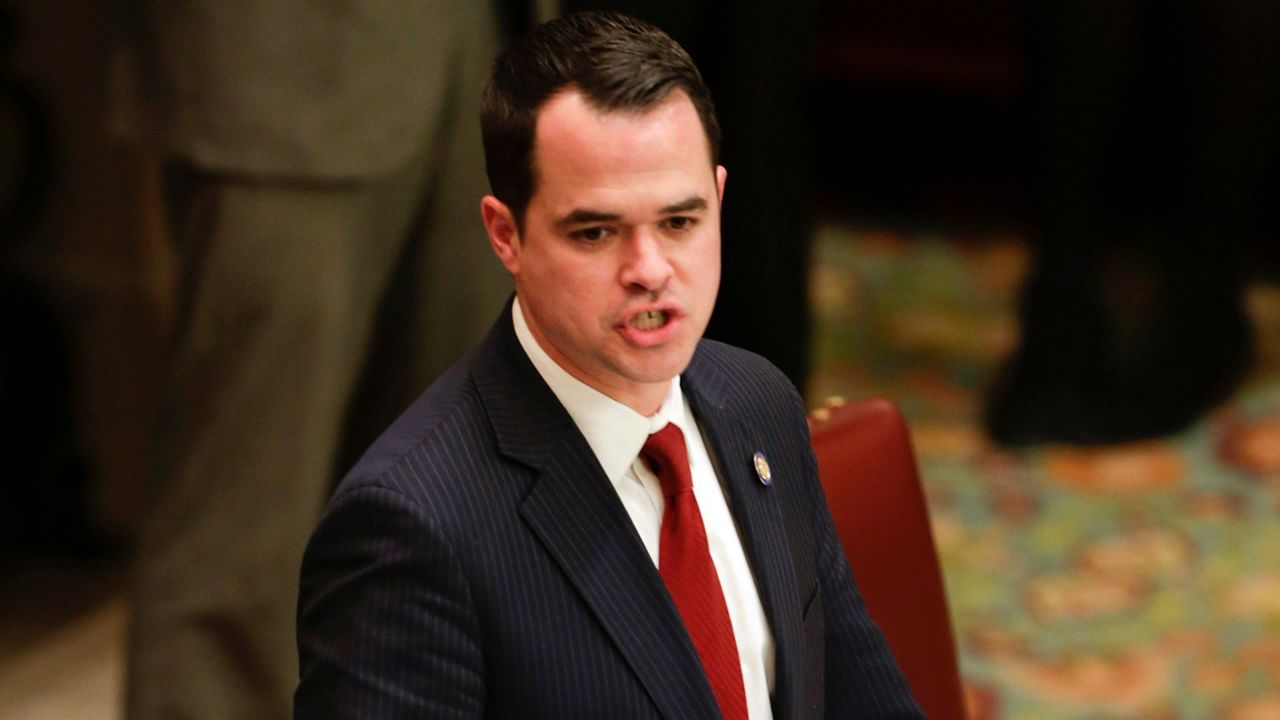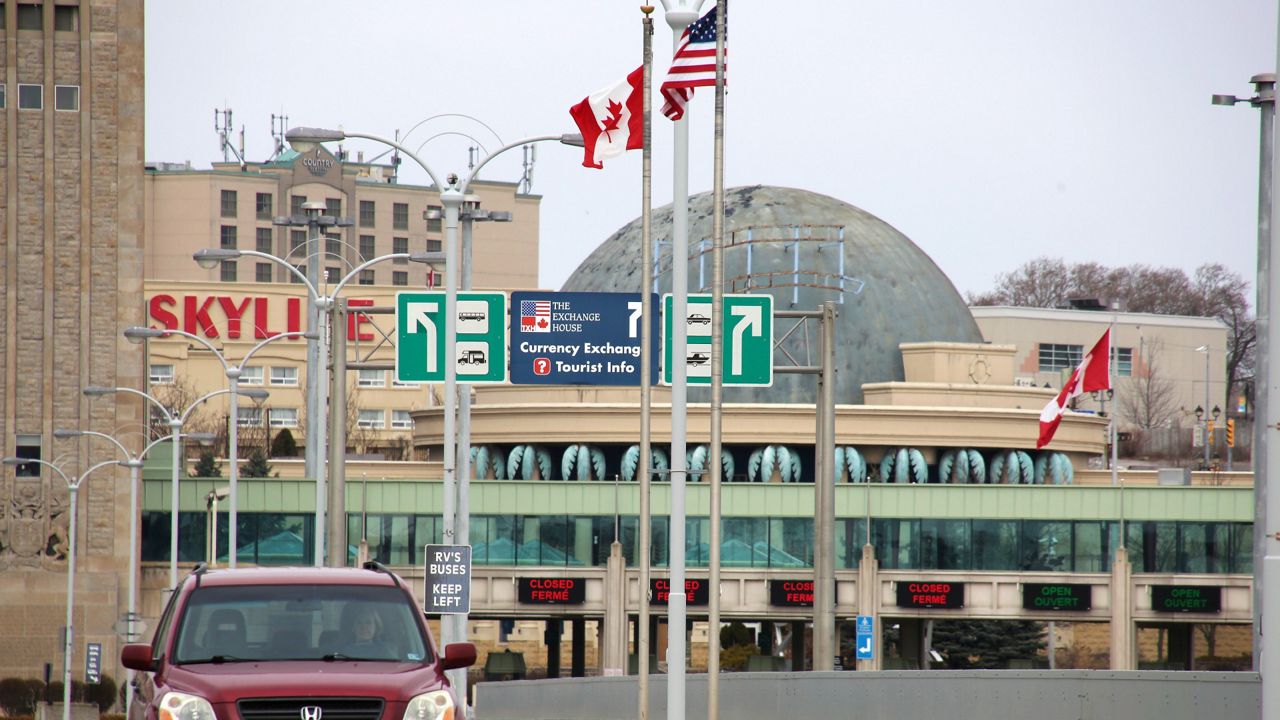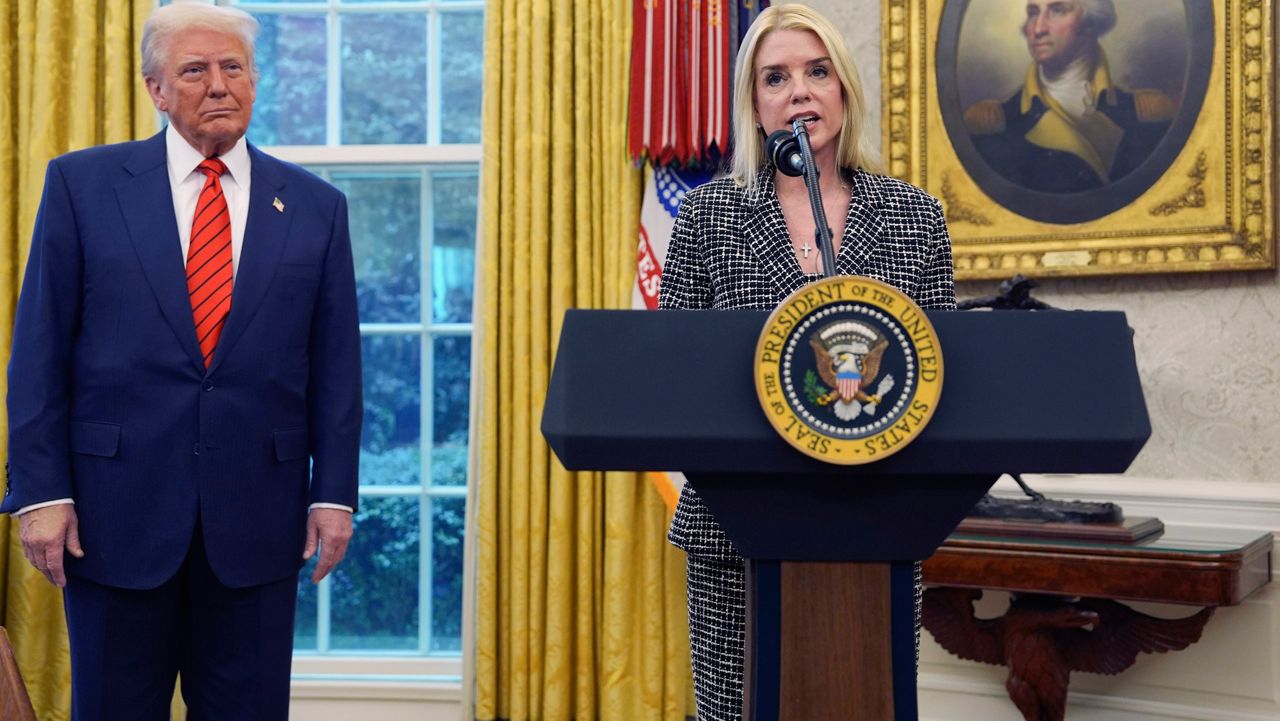BUFFALO, N.Y. — The NCAA Men's Basketball Tournament isn't just an opportunity for mobile sports bettors to make a quick buck.
It's also a very lucrative time of year for New York state.
"The Super Bowl, March Madness, these are the iconic sports betting event days so we look forward to this time of year,” NYS Senate Racing, Gaming & Wagering Committee Chair Joe Addabbo said. “[It] certainly does benefit our educational system as the money does go to education, but mobile sports betting still in New York is a very solid, robust business.”
Addabbo said since the first platform launched roughly two years ago, the state has collected more than $2 billion in revenues for education. However, he said there's more opportunity.
"We always are out there looking at how to make the New York mobile sports betting product better," he said.
The Senate budget proposal includes legislation that would allow people to bet on future awards like tournament MVP, pre-game coin tosses and prop bets. That could include things like the color of the Gatorade dumped on the winning Super Bowl coach or the length of the national anthem.
"I want New Yorkers to have the same product or even better product than other states have it and other states have those kinds of bets," Addabbo said. "There's no reason why New York should not within a safe measure."
Also in the Senate budget proposal is legislation to put 1% of revenue or at least $6 million annually toward addiction services for problem gambling.
"I believe anything that has a fiscal implication, and we're not talking hundreds of millions of dollars, but we are talking about improving a product for the sake of New Yorkers, it should be in the budget," he said.
Some bettors may be surprised to find they can't bet on teams from within the state like Colgate and Wagner. Addabbo says the goal from the outset was to protect college athletes who could be offered money to sway an outcome.
"While there's no talk about changing it at this point, we never say never," Addabbo said.
The chair said other things at least currently not on the table include any changes to the 51% tax rate operators pay to the state or adding additional operator licenses.










